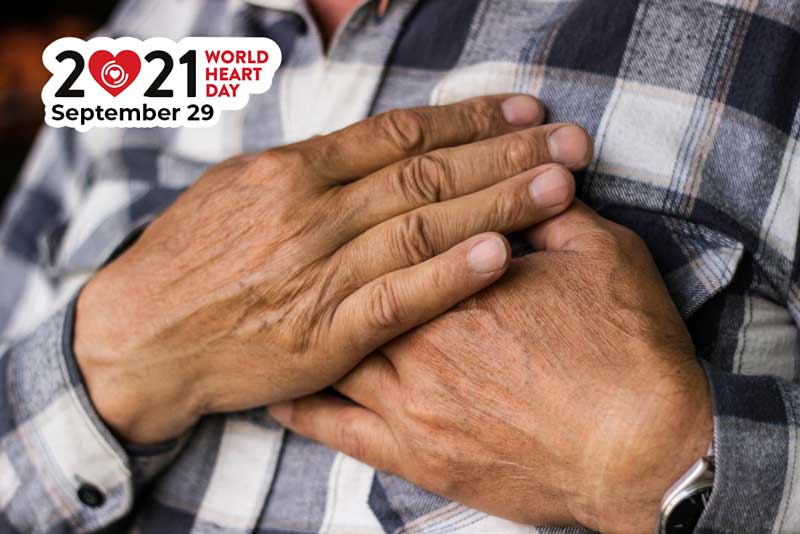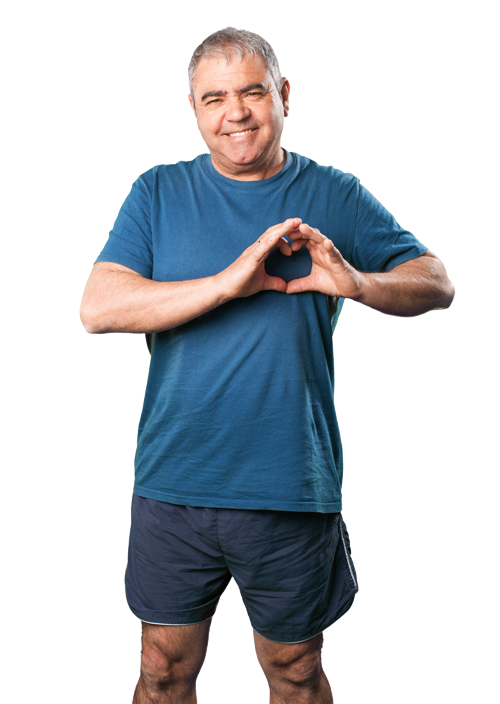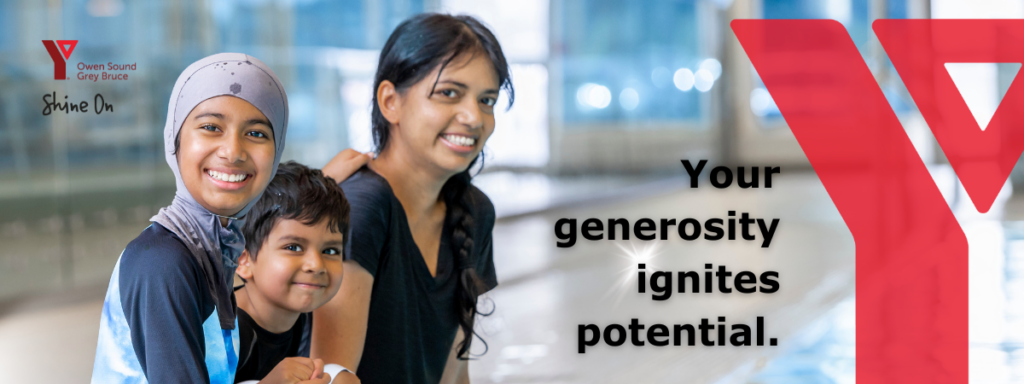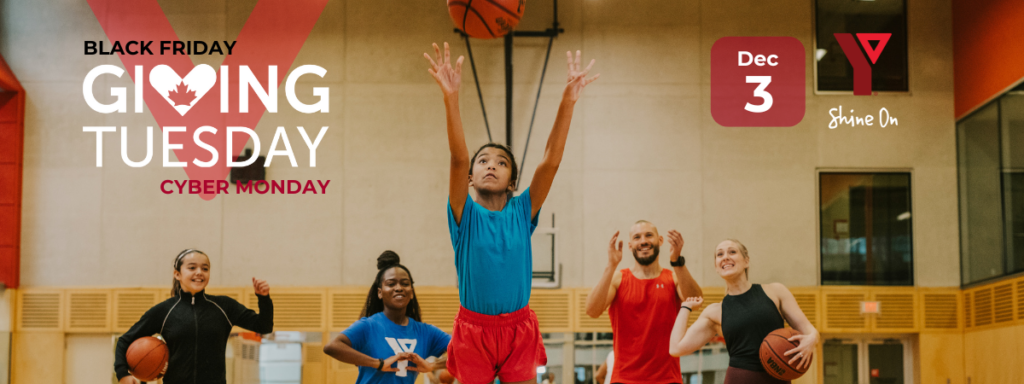More people die from Cardiovascular Disease (CVD) worldwide than from any other cause. It’s the world’s number one killer, causing 18.6 million deaths every year.
Source: https://world-heart-federation.org
Of these deaths, 85% are due to coronary heart diseases (i.e., heart attacks) and cerebrovascular diseases (i.e., strokes). Diseases affecting some form of heart condition or heart function include hypertension and diabetes, acute coronary syndrome, injury to muscles tissues of the heart, (myocardial injury), heart failure, and less heard of but prevalent diseases such as rheumatic heart disease and Chagas disease.
Your heart is the size of your fist and the strongest muscle in your body. It started beating about three weeks after you were conceived, and if you live to be 70, it will have beaten two and a half billion times.
Although the heart is impressive and strong, it can also become vulnerable from habits like smoking, eating an unhealthy diet, or living under stress. Your heart’s veins and arteries can also be weakened from a pre-existing heart condition and other physiological factors, including hypertension or high blood cholesterol. When your heart’s functions become compromised, this is known as cardiovascular disease, a broad term that covers any disorder involving the heart at its centre.
If you haven’t thought too much about your health in the past, it’s likely that the COVID-19 pandemic has put a spotlight on conditions or concerns you have. People with underlying health conditions, such as heart disease, are more vulnerable to COVID-19 and are more likely to present severe symptoms requiring hospitalization. Equally worrisome, is the trend that heart patients, who usually seek routine care, have been avoiding hospitals and doctors for fear of contracting the virus.
Lynda Hoffmeyer, MN, RN, manages Grey Bruce Health Services (“GBHS”) Owen Sound’s Cardiac Rehab program; a joint effort between Grey Bruce Health Services and the YMCA of Owen Sound Grey Bruce that combines exercise and help from medical professionals to treat local CVD patients. She said,
“While we don’t have data yet about the effects of COVID-19 on our population, the experts in the field of cardiovascular disease are seeing the increase in severity of heart attacks and strokes, as patients have not had access to regular check-ups with their family physicians or may have delayed making appointments with good intentions of not wanting to stress the health care system. Early in the pandemic our health care system stressed the importance of not delaying care, particularly for those having symptoms of a stroke or heart attack.”
The Cardiac Rehab program in Owen Sound did temporarily shut down in April 2020 when almost all services had been shuttered in the initial lockdown, but thanks to very resilient staff and a great partnership with the YMCA, they were able to quickly pivot and offer all participants a home-based program. Participants had weekly coaching with exercise specialists and access to a Registered Nurse, Social Worker and Medical Advisor via phone and Zoom.
Since January, a small in-facility program at the YMCA has been offered to the most high-risk patients, so they can exercise in a safe environment under medical supervision. Since April 2021, the Cardiac Rehab program has helped 67 participants.
What Can You Do at Home to Reduce Your Risk?
There are many risk factors associated with CVD. Some risk factors, such as family history, cannot be modified, while other risk factors, like high blood pressure, can be treated by cutting out unhealthy habits and replacing them with healthy choices.
Eat and Drink Well
- Cut down on sugary beverages and fruit juices – choose water or unsweetened juices instead
- Swap sweet, sugary treats for fresh fruit as a healthy alternative
- Try to eat 5 portions (about a handful each) of fruit and veg a day
- Keep the amount of alcohol you drink within recommended guidelines
- Try to limit processed and prepackaged foods that are often high in salt, sugar and fat
Get Active
Around 150 minutes of moderate physical activity per week reduces the risk of heart disease by 30% and the risk of diabetes by 27%.
Source: https://world-heart-federation.org
- Aim for at least 30 minutes of moderate-intensity physical activity 5 times a week
- Be more active every day – take the stairs, walk or cycle instead of driving
- Stay fit at home – join virtual exercise classes and workouts for the whole family on Y@HOME+
It reduces our risks:
- Reducing high blood pressure, and maintaining healthy blood pressure
- Helping to manage a good weight balance and reducing the risk of obesity
- Reducing cholesterol levels
- Ultimately, reducing the risk of heart disease and stroke
And contributes to our well-being:
- Boosting mood
- Reducing levels of stress
- Increasing energy
- Improving sleep
- Building overall confidence and balance
Stop Smoking
- It’s the single best thing you do to improve your heart health
- Within 2 years of quitting, the risk of coronary heart disease is substantially reduced
- Within 15 years the risk of CVD returns to that of a non-smoker
- Exposure to second-hand smoke is also a cause of heart disease in non-smokers
Learn more about the Cardiac Rehab program on our website.
*Source: https://world-heart-federation.org




